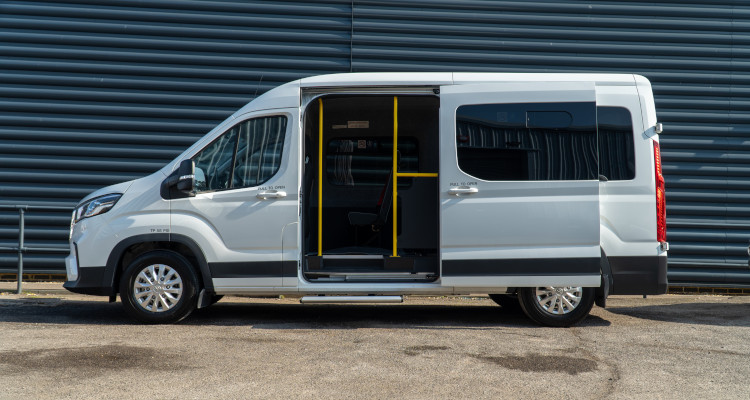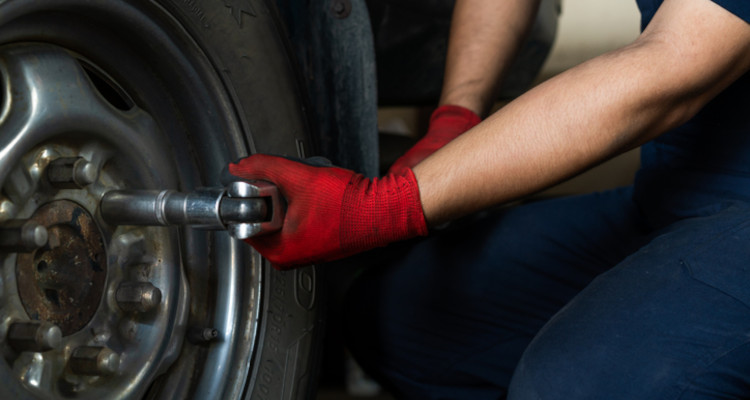PSV Minibus Safety Inspections completed at your premises by our qualified engineers
Rivervale is the largest provider of Minibus Safety Inspections in the UK. You don't have to be an existing Rivervale customer to have us complete a Public Service Vehicle (PSV) Safety Inspection for you. Just give us a call and we can make all the necessary arrangements.
Over 12000 Safety Inspections were completed by us in 2021
Why is a PSV Minibus Safety Inspection different?
Minibus Safety Inspections are a mandatory requirement under a Section 19 Permit or Operator's PSV Licence. The PSV Safety Inspection includes a rolling brake test, as the DVSA's The Guide to Maintaining Roadworthiness states that every safety inspection must assess the braking performance of the vehicle.
Our engineers use a calibrated roller brake tester to measure individual brake performance and overall braking efficiencies for the vehicle. Braking performance is also checked on a road test.
Why use Rivervale for your PSV Minibus Safety Inspections?
Dediated team to help organise your Safety Inspections
Our engineers come to your premises to complete the inspections
We retain records of your inspections for future reference
Our engineers will highlight any problems that need fixing pre-MOT
UK-wide coverage, you don't need to be based in the South
We offer highly competitive prices for our Safety Inspections
Our services are available to non-Rivervale customers

Who needs PSV Minibus Safety Inspections?
Minibus Safety Inspections are required if you are operating your minibuses under a Section 19 Permit or a PSV Operator's Licence. The frequency of inspections depends on the types of vehicles you are driving and the licence or permit you're operating under.
Minibus Safety Inspections are not an advisory; they are a mandatory requirement, in addition to services and MOTs.
The Government's Guide to Roadworthiness states:
Operational needs must not override safety considerations. Safety inspections should, where it is practicable, be programmed to follow a time-based pattern. The frequency at which inspections are undertaken should be determined by assessing the level of mechanical degradation likely to be incurred over a period as a result of the vehicle's usage. This will depend on such factors as:
- The age and type of vehicle operated
- The recommendations of the vehicle manufacturer
- The nature of its load, the equipment and fittings it carries or supports
- The type and range of operations on which it is likely to be engaged
- The type of terrain and the nature of the environment in which it operates or is likely to operate
- The distance and speeds at which it travels and the journey times
Assessing the above factors for each vehicle will, in the majority of cases, enable a time-based programme of inspections to be formulated. Some operations, however, are subject to continuous change, or vehicles can frequently be reassigned to alternative tasks or routes, making the adoption of a strictly time-based inspection programme impracticable.
Mileage-based inspection programmes may be more suitable for some operators but will need to be linked to time. (Source. 4.2 Safety inspection intervals DVSA Guide to Roadworthiness)
See the official DVSA guideAny Questions?
If you have any questions or queries, please give us a call on 01869 253 744, or complete the form and we'll get back to you ASAP.







